There’s no denying that inflation has a far reach. Whether it’s at the grocery store or gas pump, you’ve surely noticed costs rising at a rapid rate. While it’s easy to anticipate these extra expenses when it comes to your personal budget, or even costs related to the running of your association, one impact inflation can have on your HOA may be harder to immediately recognize—how it affects your association’s reserve study.
Reserve Study and What It Is
A reserve study is the helpful tool that allows your community to forecast its budget over an extended period of time. The reserve study factors in the association’s expected costs and repairs to help the HOA predict how much it should expect to budget for each year and how much the association should be saving in its reserve fund.
Since the reserve study assists in anticipating repairs that will be needed in the community due to wear and tear over time, the association will be able to expect these costs, save for them in advance, and spread out the costs in a way that is more convenient for the HOA’s budget.
The reserve study also helps ensure the health of the association’s reserve fund. While reserve studies help plan for any expected repairs, the reserve fund itself is what the community will need to lean on in times of emergency, which is why it is so important to keep the reserve fund in a healthy state. A reserve study will help the HOA determine how much to factor toward the reserve fund when setting its budget for the year, which ultimately helps the community avoid any financial emergencies.
How Frequently Should a Reserve Study Be Performed?
To know how frequently a reserve study should be performed for your association, it’s important to know the different types of reserve studies that are available. An in-depth, comprehensive reserve study should be completed at least once. This type of study will be the most costly but will provide the best benefit to the HOA.
Once the comprehensive study is completed, a reserve study that includes a site visit should be performed at least every 3 years, and a study that doesn’t include site visits should be performed at least once a year.
Inflation’s Current Impact on Reserve Studies
While most reserve studies will account for inflation, it’s usually only a normal percentage. In times of high inflation, your reserve study will likely not be accounting for the added expenses your community will be experiencing when it comes to routine costs, like repairs, vendors, and regular maintenance.
If your reserve study was completed prior to 2020, then an in-depth reserve study or a reserve study that includes a site visit is recommended. The updated study can help your association prepare for any anticipated maintenance or repairs and produce a budget that accounts for inflated costs.
By properly planning ahead of time, you can aid your community in staying afloat during difficult financial times. For more assistance in managing your HOA’s funds, check out our guide on Budgeting for Insurance Costs!





